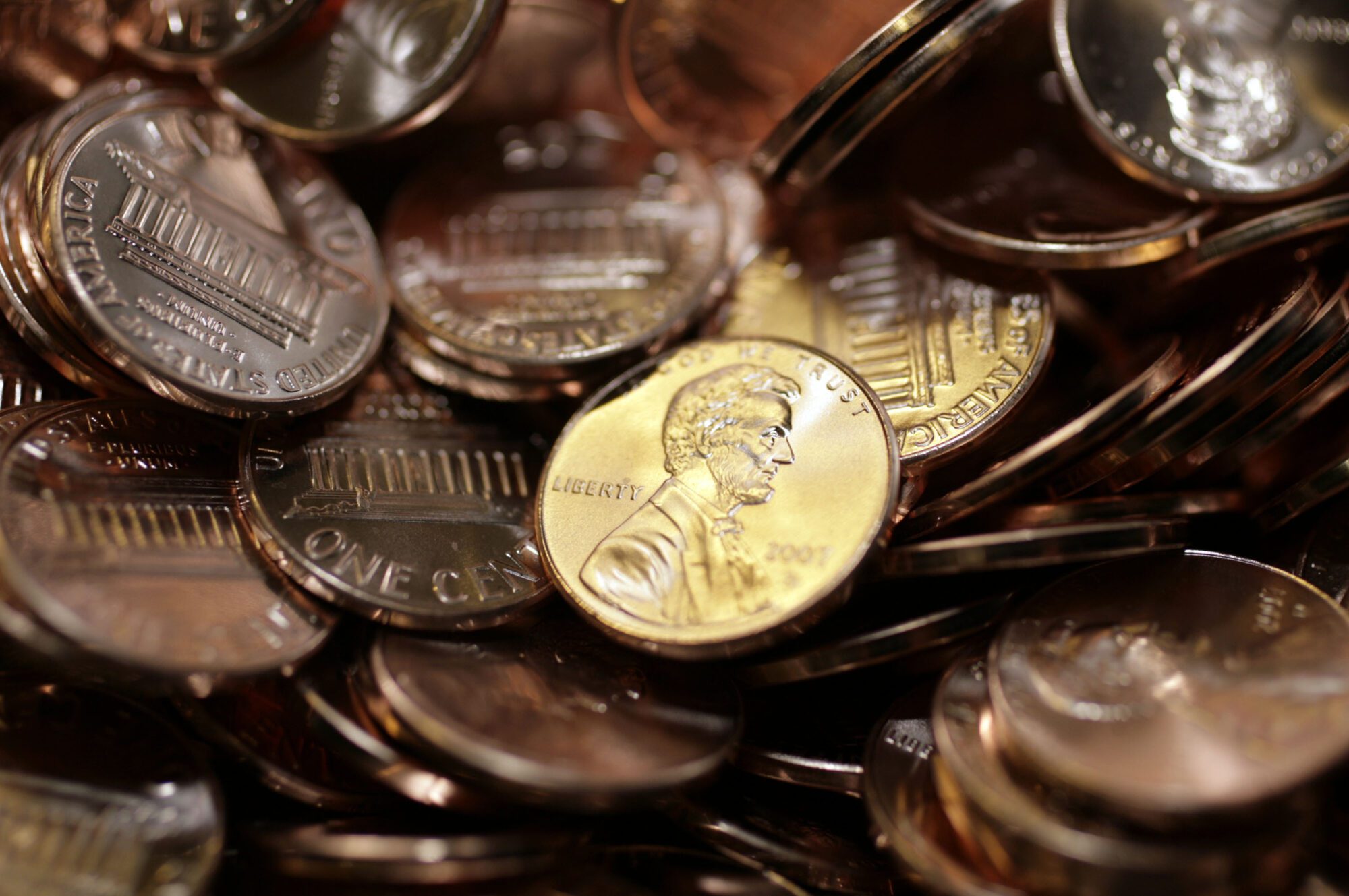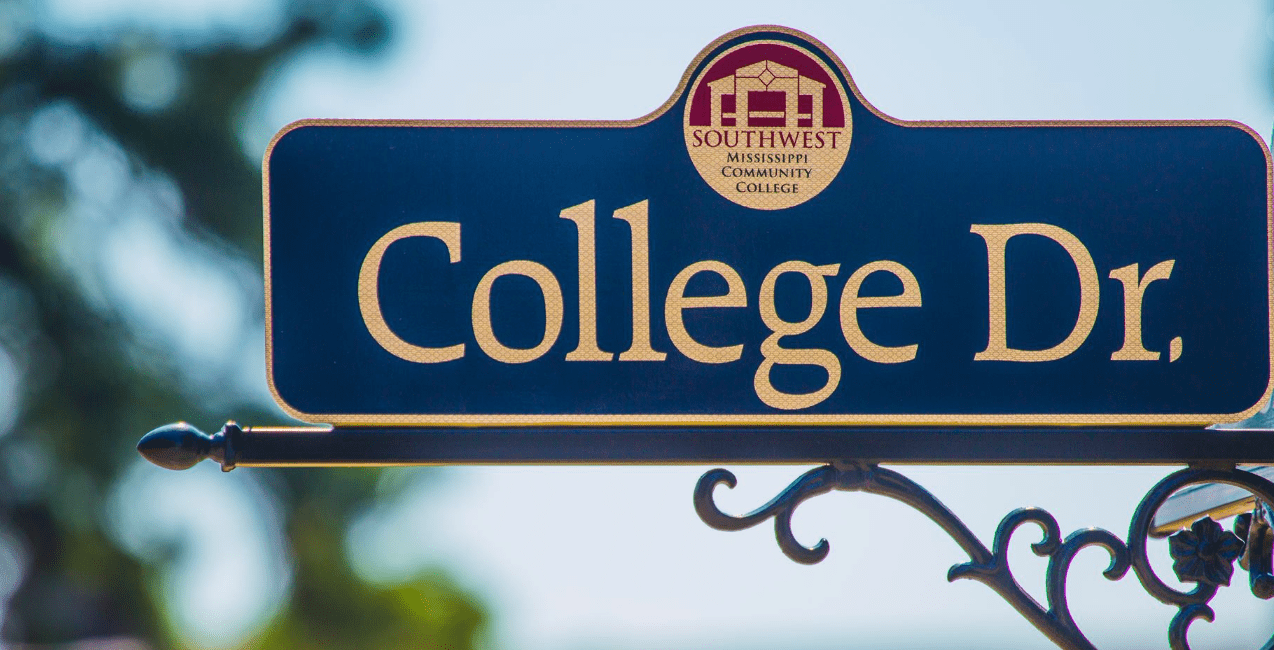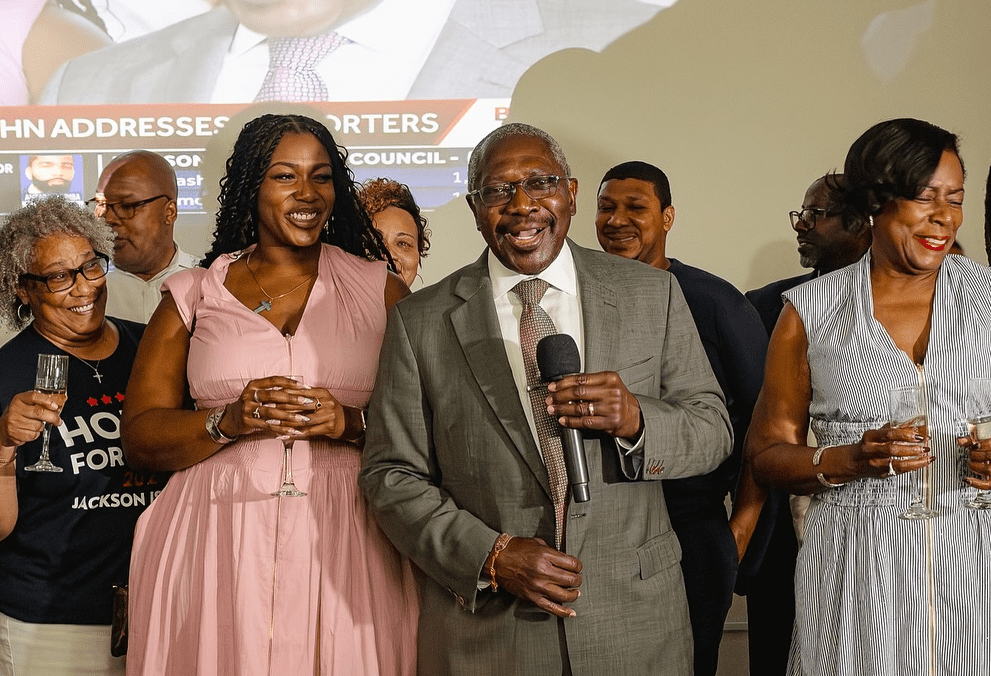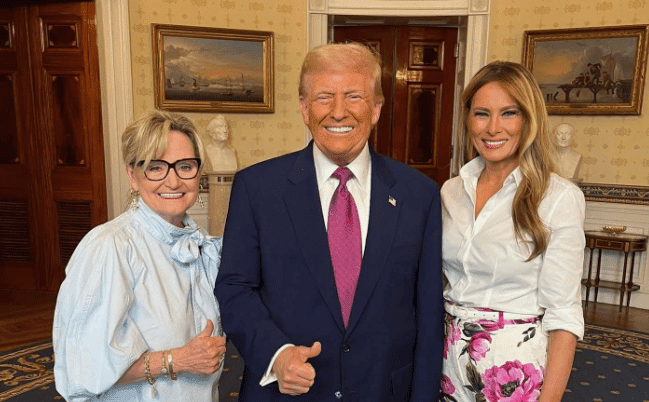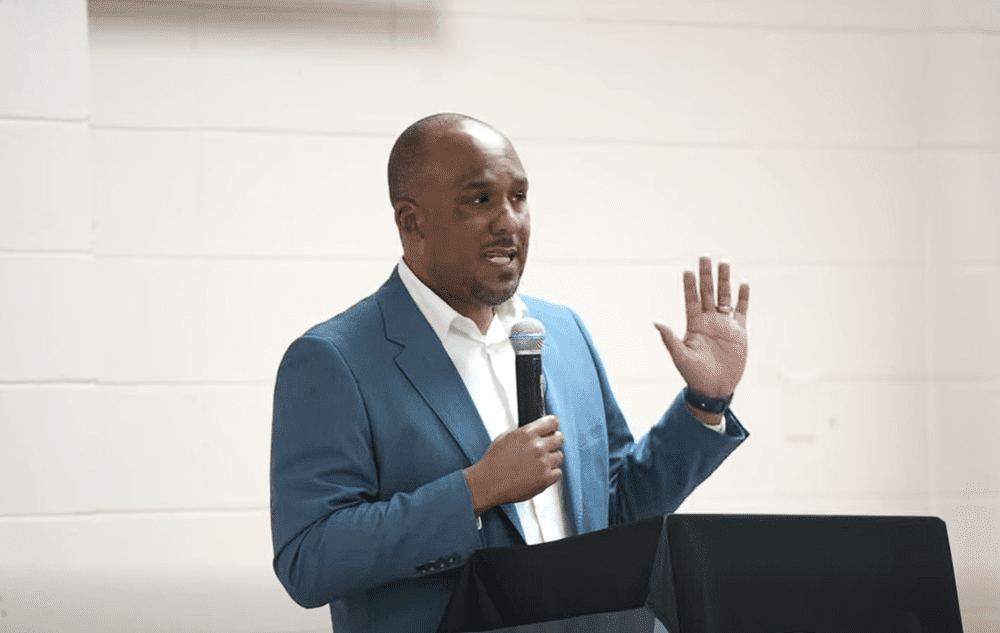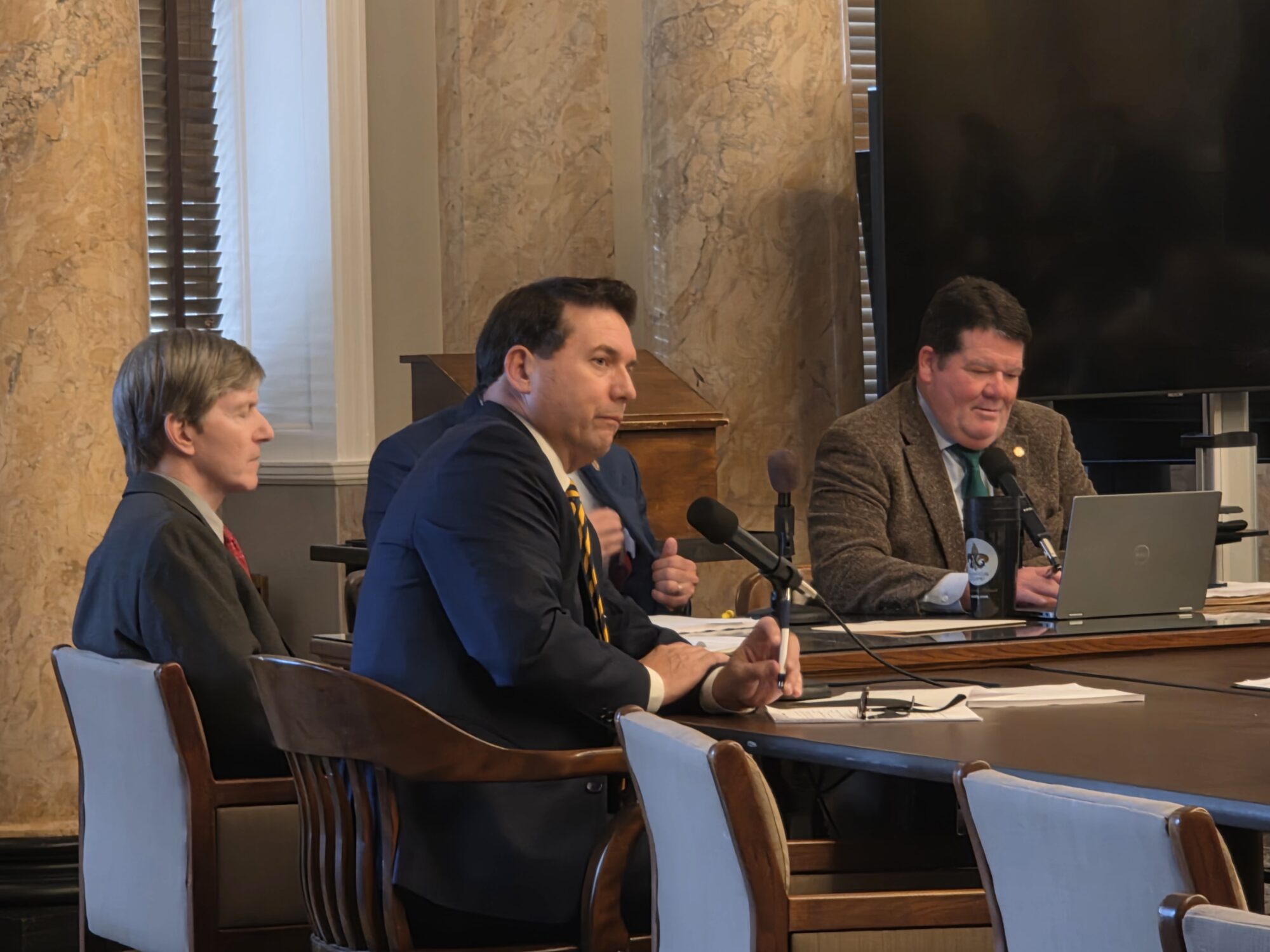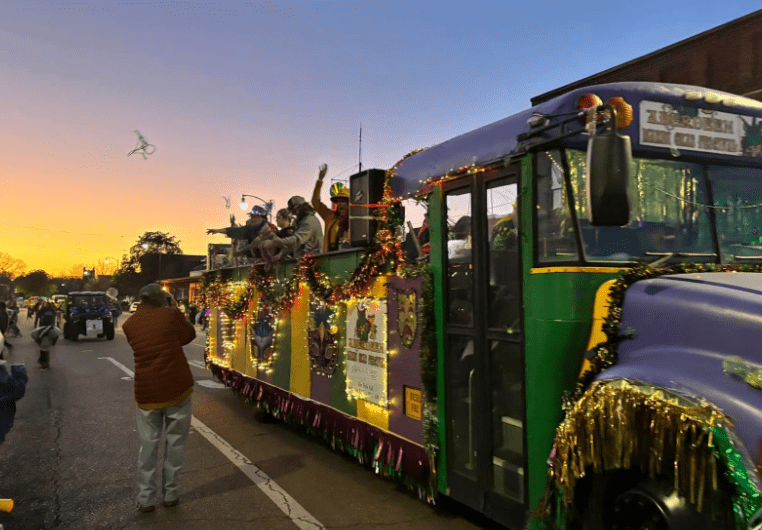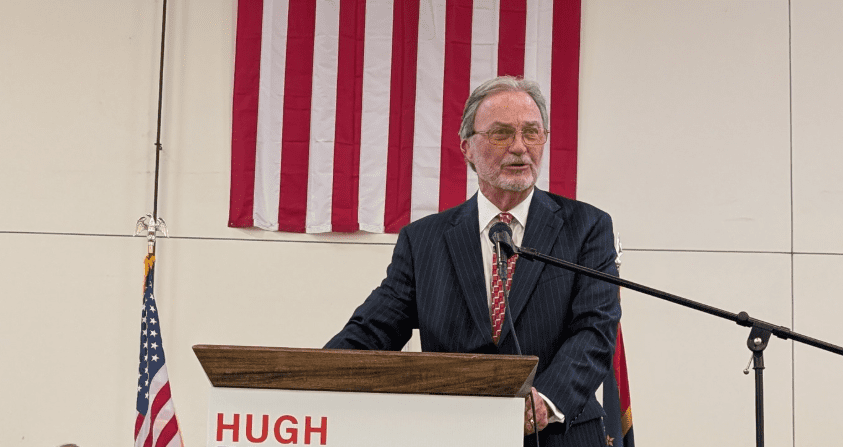
(Photo from Hugh Keating on Facebook)
- Absentee ballots have been tallied into the final count.
Perhaps the most intriguing Municipal General Election mayor’s race this cycle is in Mississippi’s second largest city of Gulfport.
On Tuesday, voters chose to send Republican nominee Hugh Keating to City Hall, electing him to succeed outgoing Mayor Billy Hewes (R) who did not seek re-election.
Unofficial results, according to campaign officials, showed Keating up nearly 1,100 votes over Democrat nominee Sonya Williams Barnes before some 1,400 absentee votes were tallied.
When those absentees were counted and reported out after midnight, Keating emerged the winner. He won 6,902 votes, or 53.2 percent, with Williams Barnes receiving 6,073 46.8 percent.
Nearly 500 affidavit ballots were left to be verified but even if the Democrat won all of those, Keating would still win.
The race has drawn interest from national party figures on both sides of the aisle, with former Georgia gubernatorial candidate Stacey Abrams (D) coming in to support Williams Barnes and South Carolina U.S. Senator Tim Scott (R) holding a rally backing Keating.
Allegations of vote buying swirled in the race last week, resulting in Williams Barnes meeting with investigators at the Mississippi Attorney General’s office. She has denied any wrongdoing.
READ MORE: Allegations of vote buying in Gulfport mayor’s race leads to AG investigation ahead of Tuesday’s election
Keating ran unopposed in the Republican Party primary while Williams Barnes won the Democratic Primary with over 84 percent of the vote.
Democrats saw an opening after Williams Barnes drew nearly 600 more votes in her primary contest than did Hewes in the 2021 general election.
On Tuesday, it appears nearly 13,000 Gulfport voters turned out to cast their ballot in the contentious race.
Williams Barnes thanked voters for their support early Wednesday morning in a statement sent to the press.
“While we didn’t win the election, what we accomplished together was nothing short of
extraordinary,” said Williams Barnes. “In past elections, about 2,000 voters would determine
who leads our city. But this time, over 13,000 citizens made their voices heard. That kind of
turnout is not only historic — it’s transformative.”


